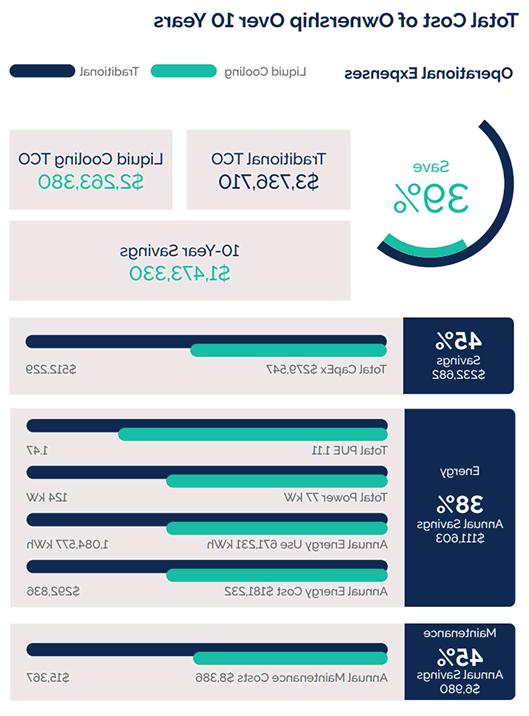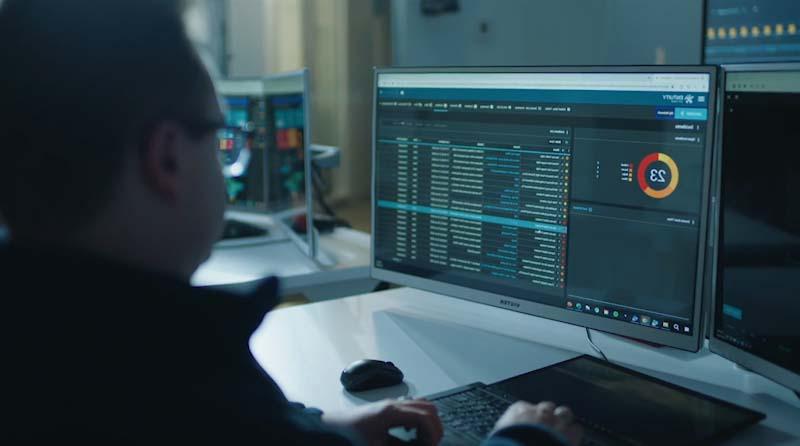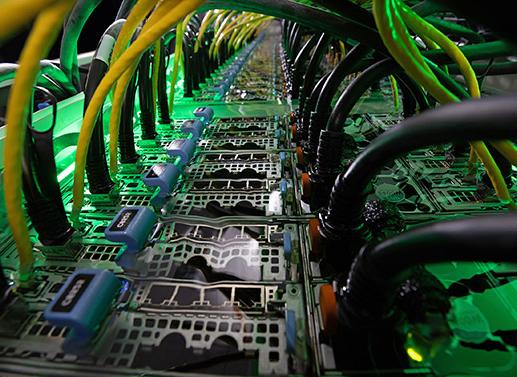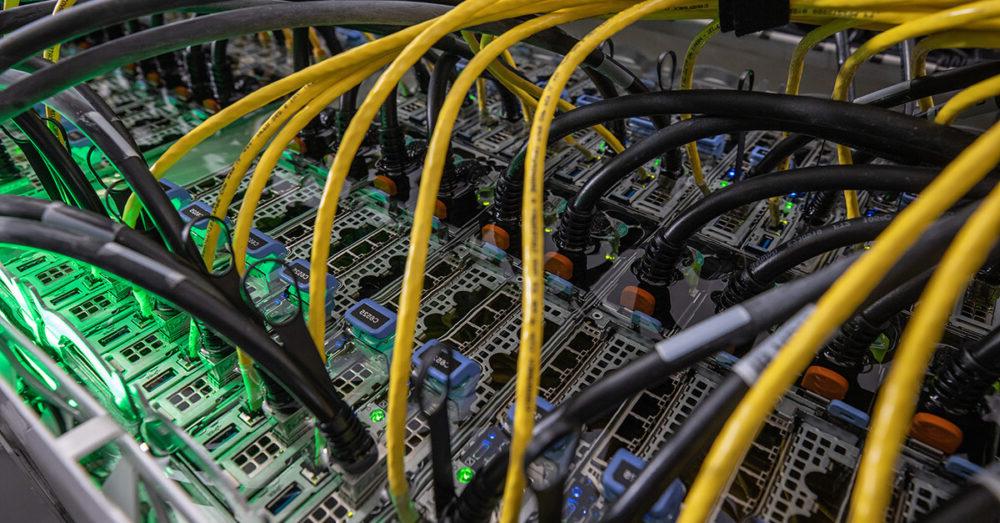
Liquid Immersion Cooling
强大的AI
Single Phase Immersion Cooling
Ongoing trends like IOT and AI have dramatically increased the amount of computing power needed – and the need to have computing power closer to the end user. Decentralized compute demands are impacting businesses and government agencies alike. And driving the need for more hardware, more space for that hardware, and more energy to run it all.
Decentralized Computing Challenges
-
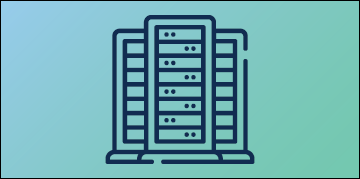 数据中心空间
数据中心空间- More computing power requires more gear. Many operators are simply running out of space in their data centers.
-
 能源成本
能源成本- Increasing energy costs are exacerbating the budget impact of running and cooling the gear. Plus, some operators are maxed out on the amount of energy the grid can supply.
-
 可持续性 Emphasis
可持续性 Emphasis- Given the growing importance of sustainability metrics, operators need to use 少 energy and water, 而不是更多.
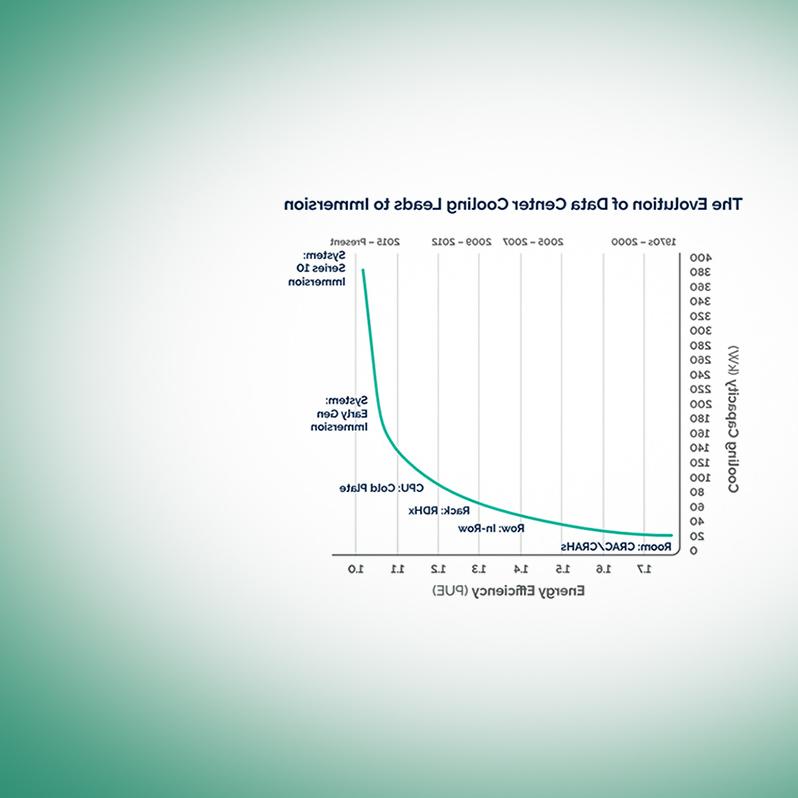
How Data Center Immersion Cooling Can Help
- Compared to traditional CRAC (Computer Room AC) systems, immersion cooling can increase PUE (Power Use Effectiveness) 18x
- Rack density can be increased up to 10X
- Power savings up to 50% can be realized
The Evolution of Data Center Cooling

A Complete, Turn-Key Immersion Cooling System
Implementing a single phase immersion cooling solution can come with its own set of challenges. 举几个例子:
- Existing hardware needs to be prepared for the immersion cooling process
- Training is required for regular maintenance of immersed gear
- Many vendors are involved from the tanks, to the cooling liquid and more
Park Place Technologies removes the complexities of the immersion cooling journey – serving as a single-vendor solution for the entire process.
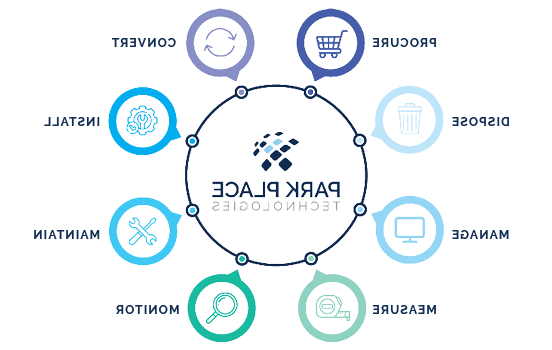
Return on Server Immersion Cooling Investment
Although immersion cooling requires an initial capital investment, with the reduced total cost of ownership (TCO), operators can see a significant return on investment (ROI) over the following years. Of course, every situation is different.
Your scenario can be plugged into 这个TCO工具. Or if you would like to provide some details, we can run the numbers and present to you later.
Consider this example assuming 42 servers:
